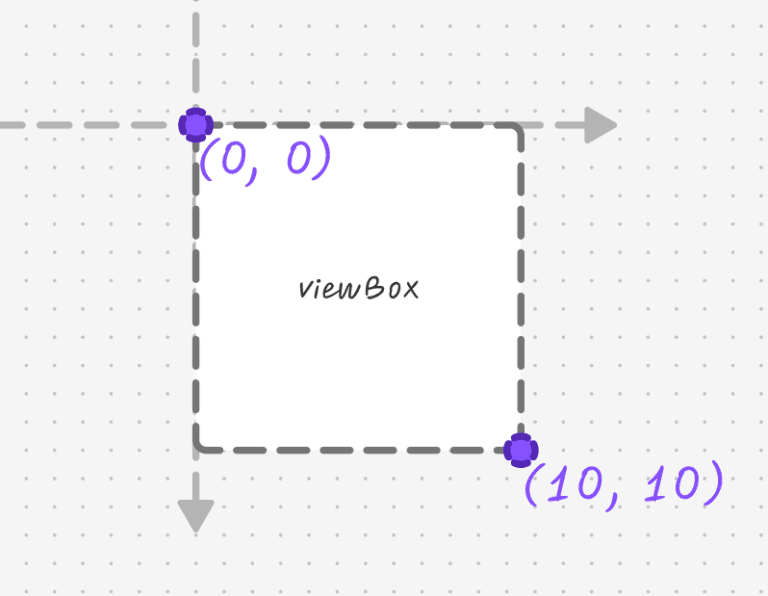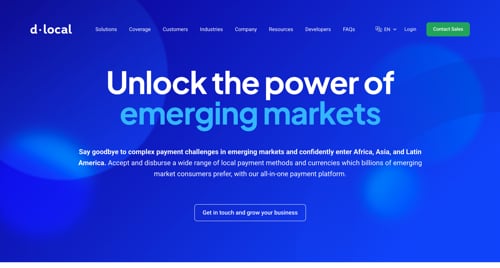A unified digital B2B commerce platform powered by GenAI can personalize e-commerce experiences and boost sales of complex, configurable products.
Aleran Software helps manufacturers and distributors digitally transform their B2B operations through customer-centric buying experiences that support purchasing anytime, anywhere. By eliminating siloed customer data, companies can deliver a seamless, personalized, and efficient journey.
Aleran’s platform consolidates all sales channels, unifies departmental efforts, and drives revenue growth. It enhances marketing reach and conversion rates while streamlining operations, improving productivity, and elevating the customer experience.
It also reduces operational costs and enables transformation with minimal IT involvement.
“We use a variety of artificial intelligence techniques to help our customers and their customers navigate buying aftermarket parts and accessories and complex products that may or may not be configurable,” Tarak Patel, VP of product and technology at Aleran Software, told the E-Commerce Times.
Smarter AI Chat Lifts B2B Sales
Table of Contents
For example, a company selling industrial fans displays complex navigation tiles that show product variations, all of which look similar. Shoppers click on several to start figuring out what they need.

VP of Product and Technology
Patel offered that business scenario as one of the areas where GenAI helps solve selling problems. Customers can provide a detailed explanation of their needs. The system guides them through the options, taking into account the needs of similar buyers.
Chat capabilities on websites typically provide visitors with answers to their questions. Often, answers are neither helpful nor correct, he suggested. Not so with Aleran’s solution. Its chat has self-learning capabilities.
For example, suppose you ask a general question where the degree of confidence in the answer is not very high. In that case, AI will ask you a clarifying question to discern whether you want to purchase a system or perhaps just parts for it.
“If it doesn’t have enough information, it’s not going to guess because, in our opinion, that will erode confidence and adoption,” explained Patel. “Instead, it will ask follow-up questions to ensure it provides something useful and relevant. A bad response can be worse than no response.”
AI Chat Simplifies Complex Purchases
Complex configurable product selection requires a conversation to guide you to a base model before moving on to configuration options. For a consumer, it is frustrating to fully configure a van only to realize what they actually need, Patel noted.
The chat agent then moved the conversation to configurations. He explained that this process is moving toward being able to dynamically configure a product based not only on what customers know they need but also on what they do not know. The system fills in the gaps with its knowledge.
“We have a customer who sells industrial pumps. Some of their buyers have no idea whether they need a 300-hp or a 500-hp motor for it.”
The AI system will soon be able to present guiding questions to buyers, ensuring the product and configuration work without requiring extensive technical expertise.
“We’re not fully there yet, but we’re getting close,” Patel said.
Detecting Buyer Intent Beyond Filters Is Priceless
That feature is critical for B2B buyers with particular needs. Aleran handles that using one of two methods.
For existing customers, the process starts with the existing order history. According to Patel, the system knows which product quotes have already been requested and which items have already been purchased, including those abandoned in shopping carts. That gives the system an edge in suggesting items that complement prior purchases and aftermarket parts buyers might need.
“We have a rich history, and we’re learning from all that to build a more personalized experience. We can anticipate their needs,” he said.
The company leverages GenAI and AI agents for new, anonymous, or guest buyers. The system can sometimes infer information from the user’s IP address and what those past site visits reveal.
“The AI agent collects some information and then asks if it can help in a more constructive way,” Patel noted.
How Aleran’s GenAI Approach Differs
According to Patel, industry analysts confided that Aleran’s Catalog Catalyst capability is unique on the market. This feature automatically converts PDF catalogs, brochures, and line cards into interactive buying experiences.
“You can just click on the products in those catalogs and go to the sales PIM [product information management] interface for more information and to fulfill the order. We’re seeing that many B2B buyers prefer that experience versus the traditional scroll-and-click shopping cart e-commerce experience,” he said.
Patel described the experience of going through this catalog as more efficient. It marries content with the buying experience.
Shoppers can see the parts they are buying in the context of diagrams. They can see side-by-side comparisons to help take confusion and ambiguity out of the equation.
“The result is typically a lift of 14% to 22% in average order value [AOV] for buyers that leverage this experience compared to those who don’t,” shared Patel.
Platform Gives B2B Buyers More Control
The B2B platform gives business customers a high degree of control. Patel noted that many systems only allow potential buyers to control what data they choose to provide to the LLM for learning.
“We let you choose the personality of your conversational AI — more technical, personal, or business-like,” he said.
Shoppers can also decide how much time they will spend on the AI learning process. Patel offered that a strength of the system is the ability to ask clarifying questions.
“Buyers might have a limit to how much clarification they tolerate. So the system could be limited to asking three questions to help it arrive at recommendations,” he said.
GenAI-Powered Pricing Capabilities Come Next
Having AI manage complex pricing on the platform is still a work in progress. Patel admitted that this process is more about machine learning than generative AI.
“Most of our customers aren’t ready for that airline-style on-demand pricing. That will happen. But in the meantime, they need help at the price structure/strategy level,” he noted.
B2B customers often struggle with issues such as tiered pricing structures, overly broad or narrow inventory lists, and volume tier structuring to drive quantity upselling. Currently, his platform customers are taking a simple, manual approach, he shared.
AI can make recommendations for improving that pricing structure, and platform customers can then decide whether to accept those changes, he added.
“We’ll get to the point where customers are comfortable giving AI the freedom to make its own pricing adjustments within certain tolerances. The technology is available to do that, but the market isn’t ready yet,” concluded Patel.





